The debate of how to handle pretrial inmates has been going on for half a century.
On one side, you have advocacy groups who say people are innocent until proven guilty and they shouldn't have to pay anything to get out of jail pending trial. For them, a simple promise to appear is sufficient enough, and they feel it's up to society as a whole to make sure the defendant lives up to that obligation.
On the other side, you have others who point out that if someone has been arrested it's because there was probable cause to do so. They believe any sort of pretrial release should come with some sort of actual guarantee that this person will finish their case. A simple "promise to appear" is not enough.
This is where the private sector has stepped in, in the form of the commercial bail bonds industry.
What the studies show
The public sector has spent years experimenting with non-guaranteed forms of release, but time and time again, study after study ends with the same result.
If there isn't an actual guarantee a defendant will come back and go to court chances are better than not that they'll blow the date off. Ultimately, the commercial bail bonds industry outperforms the public sector at each and every corner.
Here's why.
When a defendant's family hires a bondsman there's some insurance underwriting that's done before bail bonds are posted. The agent will want to know if this person has ties to the community, if they have a job and whether they are a flight risk.
From there, the agent will ask the person requesting the bond to sign a legally binding document that guarantees the defendant will go to court. If they skip town, the signer is ultimately on the hook to cover the full bail amount.
Although pretrial release advocates disagree with commercial bail bonds, when it comes to the latter, the failure to appear rate is nominal. The more people that have a vested interest the defendant goes to court, the more likely they are to do so.
When someone gets out of jail through pretrial services, there is no guarantee. The judge simply issues a fugitive warrant and passes the buck off to law enforcement.
In the counties that don't have commercial bail bonds, well, the backlog of fugitive warrants is staggering. And the pile just keeps growing.
Is middle ground possible?
The pretrial sector says they have skill sets that a bondsman doesn't have- they know how to work with low-income defendants, are better suited to assist the mentally ill and can more readily help those who need things like substance abuse counseling.
But on the flip side of that coin, bail bonds professionals are far better able in making sure people go to court.
So instead of fighting with one another, the very best solution might involve working together.


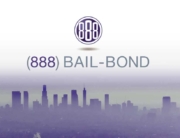
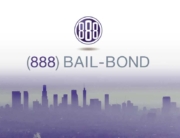
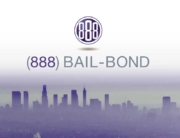


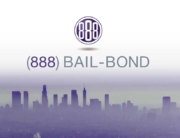
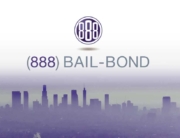
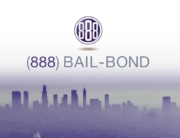
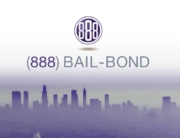
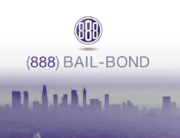




Follow Us
Facebook
Twitter
Google +1
LinkedIn
Youtube